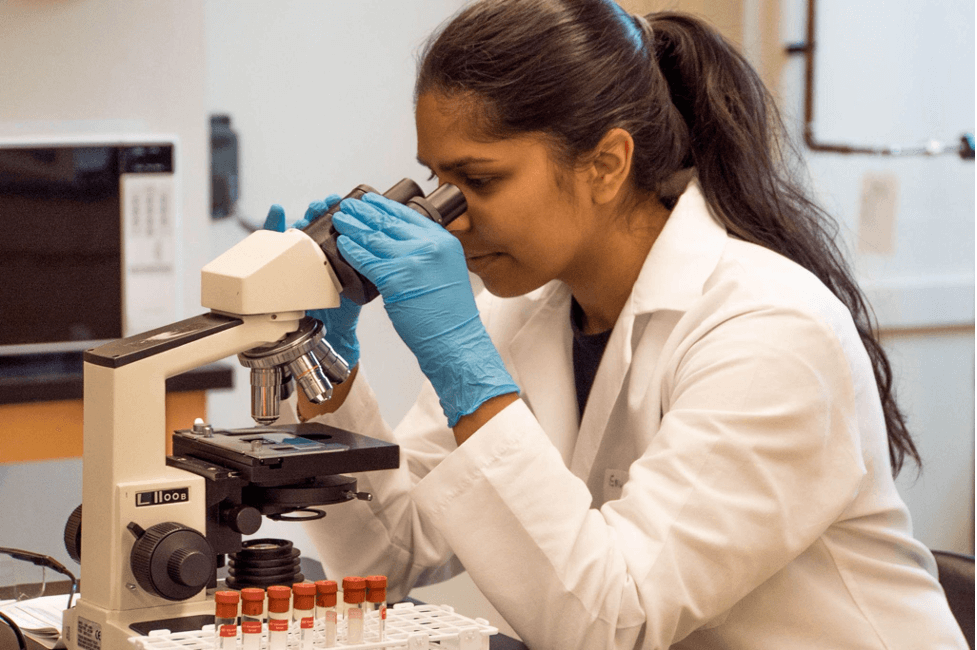Every day, new fields of study and areas of human endeavor are discovered. Lifesciences have altered greatly in recent years because of greater technology, exposure, and RMT. The identification of genes, metabolic processes, and other cellular processes has resulted in a fundamental shift in the study of life sciences.
In addition to this, it encompasses the development of electronic scientific findings, such as the equipment that gathers data and measures it. Scientists need to have the tools, medical devices, and technology that can assist them to cope with obtaining, integrating, interpreting, and analyzing a great deal of information since there has been a major growth in the number of life science domains, branches, and subfields.
There has been a significant amount of research conducted about life sciences in past sectors; in particular, this research has helped to expedite the improvements that have been made in the fields of agricultural and industrial development along with medical treatment.
When it relates to pharmacological goods, the following innovations have been recognized as significant breakthroughs:
- Insulin (https://en.wikipedia.org/wiki/Insulin) is produced using human recombinant DNA as a treatment for diabetes
- Vaccination against Hepatitis B
- Medications for cancer and arthritis
Also, it is important not to forget the past 2 years of the COVID-19 epidemic, which kept researchers and scientists busy around the clock working on COVID vaccines and treatments. These events should not be forgotten.
The Meaning of the Term “Life Science”
It is a branch of research that studies the inner workings of living things, such as animals, plants, and humans. The field of study known as life science is one that considers and is concerned with living beings; as a result, its primary focus is on the physiological processes that are essential to the survival of living things. This vast and all-encompassing area of research is known as the field of life study, and it covers the investigation of every living thing that exists on earth.
In addition, it refers to the study of any and all living things, such as bacteria, humans, agricultural science crops, animal sciences, genomics, and proteomics, as well as the engineering of living beings, in addition to a wide variety of other areas of inquiry in the scientific community.

What exactly is the industry of life sciences?
The field of life science encompasses a vast economic and creative space. Research and development firms, pharmaceuticals and their makers, biotechnology-based medications and food, diagnostic and therapeutic devices, medical devices, nutraceuticals, cosmeceuticals, food processing, and biomedical technologies are all present there. The industry also includes the job of manufacturing items that may, in some way, enhance the quality of life of living beings. This can be done in several different ways.
The Subdisciplines of Life Science
As was previously noted, life science is an expansive area with an infinite number of subfields, which is only expected to grow in the future as more and more people enter the field, and more research is conducted. When we go back into history, we find that there were only around three or four primary branches, with biology as the most fundamental one. The industry has evolved to the point where specific figures are no longer relevant.
What exactly is it that we do in Life Science Consulting?
Consulting in the field of life sciences is an unusual and specialized profession. Some consulting work in the field includes bioscience articles and website work. There are those that dedicate their careers to life science consulting and work in the field of consultations. They have positions of increasing responsibility within the life science business. The business essentially hires the life science consultant and becomes a customer of the firm.
It is anticipated that this consultant would be able to assist both the customer and the firm in reaching specified operational and financial objectives via the provision of advisory services. He contributes to the shaping of organizational behavior and operations, which ultimately helps the company accomplish most of its objectives.
One way for a consultant to establish credibility and competence in biosciences is to work with many different firms. It’s possible that he has significant experience and knowledge in the life science industry’s commercial and operational spheres.










